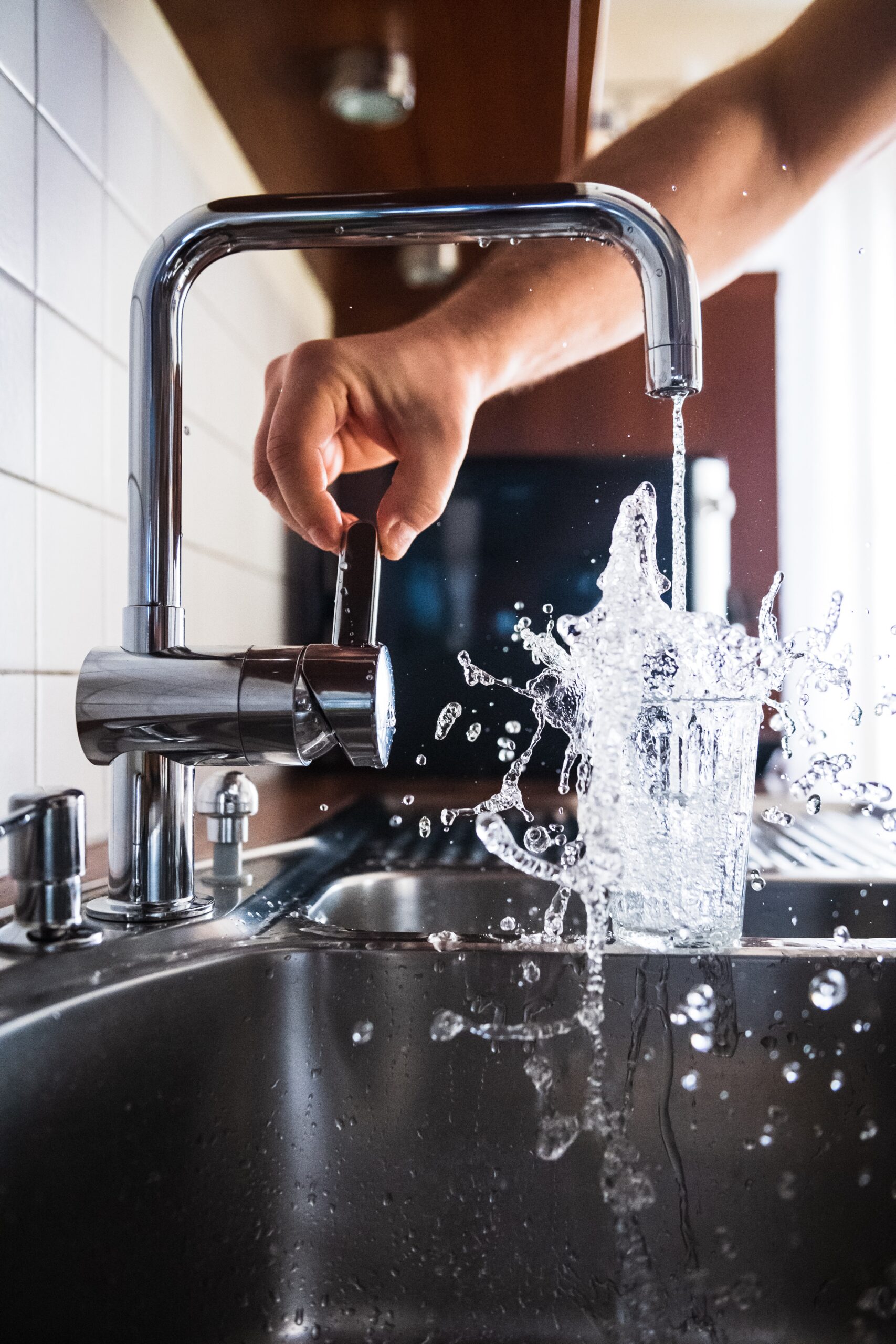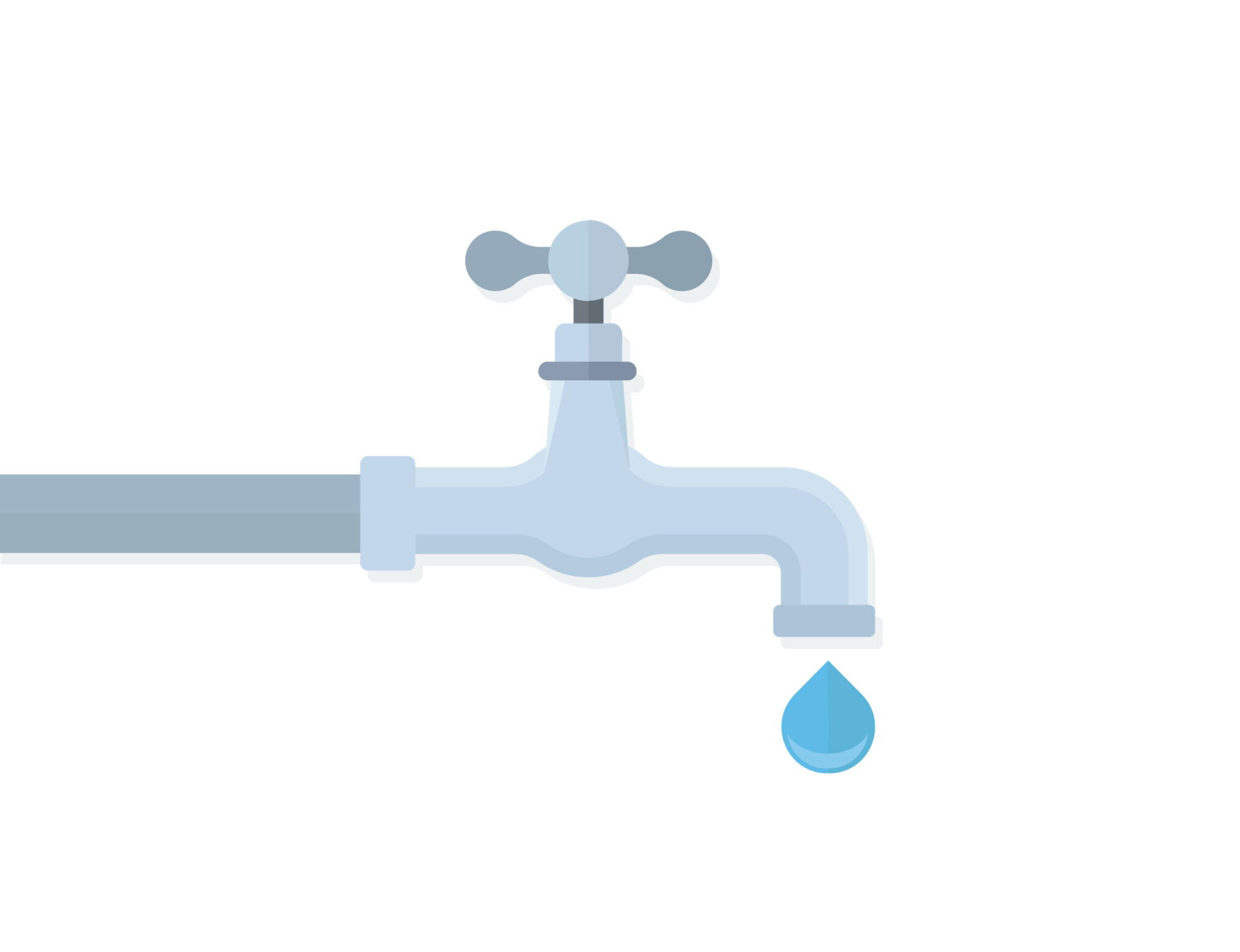ABOUT THE AUTHOR
Max Rose
Max Rose is the owner of Four Seasons Plumbing, a plumbing company in Asheville, North Carolina.

While it isn’t harmful or dangerous, poor water pressure can become a big annoyance over time, especially when it’s unexplained. Whether you’re waiting hours for your dishwasher to finish a cycle or can’t ever seem to get all of the shampoo out of your hair, the inconvenience can feel like a permanent part of your home. Luckily for most homeowners, there are ways to identify, diagnose, and treat low-pressure problems in your home. Plumbers in Asheville, NC, are well equipped to help you get your water pressure back to where it should be.
Water pressure is measured in pounds per square inch or psi. The average water pressure is between 40-80 psi. If you suspect you’re having issues, you can check this measurement yourself by putting a pressure gauge — which is available at any hardware store — onto your hose valve when all water-using appliances and faucets are turned off. This will give you a baseline reading. If you use well water, you can get an accurate reading by checking your air fill valve. If it’s lower than 40-60 psi, you may have low water pressure.
Water pressure issues may affect a single fixture, your entire home, or even multiple homes in your neighborhood. Figuring out which it is can narrow down potential causes. For instance, if your neighbors are also experiencing problems with their water pressure, that’s a problem for your water utility, and unlikely to be resolved by you or a plumber. However, if it’s only within your own home, there are many possible causes and treatments.
In general, signs of low water pressure are pretty straightforward. You’ll likely notice lower water pressure when you’re doing certain chores that require water, such as taking a shower, running the dishwasher, filling the washing machine, using the bathroom or kitchen sink, or watering the lawn with an outdoor hose. You may also notice plumbing leaks, reducing tension in your piping and leading to low water pressure.

There are a number of causes when it comes to narrowing down the reason behind your poor water pressure. Depending on the complexity of each, you may need a professional to assist you with recovering the appropriate water pressure for your home. Below are some of the more common causes of low water pressure in Asheville.
While you can’t replace your pipes yourself (unless you’re a professional plumber), there are steps you can take to improve your water pressure. One of these is using a water softener to improve your water pressure. This is typically done after a pipe cleaning: water softeners remove iron, calcium, and other minerals from your water before it travels through your pipes, helping keep them clean and reducing the likelihood of future home water issues. As a bonus, water softeners can also reduce the amount of soap used to wash dishes, as lower calcium in your tap water means your soap will be more effective.
Similarly, if your home uses well water and you believe the problem is an old or broken pressure tank, removing and replacing it with a new tank is another step you can do yourself if you feel so equipped.
Depending on your DIY abilities, there are many ways you can check your water pressure and try troubleshooting on your own. However, if your solutions come up short or you’re still unsure what the root cause of the problem is, the expert plumbers at Four Seasons of Asheville can make your water pressure problems disappear. Reach out today for any emergency plumbing needs or with any water pressure questions today.
*Featured image courtesy of https://www.ecolife.zone/water-conservation/
ABOUT THE AUTHOR
Max Rose is the owner of Four Seasons Plumbing, a plumbing company in Asheville, North Carolina.